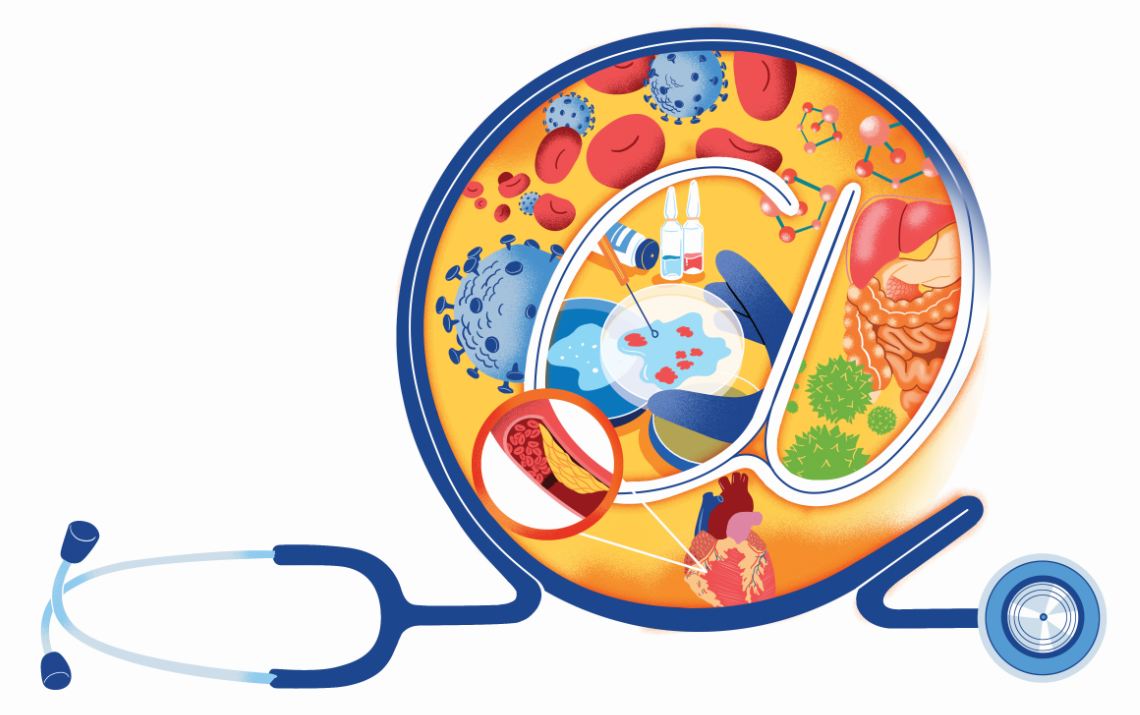VAT cut offers hope to rare disease patients


State Council decision will see tax lowered by 13 percentage points from next month
Fang Haoran, 14, from Huaiyang county, Henan province, was diagnosed with Gaucher's disease, a genetic disorder that enlarges the liver and spleen, in 2015.
It has prevented him from going to school and will kill him if not treated.
To go on living, Haoran needs a special drug, Cerezyme, but each dose costs around 23,000 yuan ($3,380). He should receive 85 doses a year for the rest of his life, but that would cost close to 2 million yuan a year and his family cannot afford that. With government assistance and money borrowed from relatives, Haoran received eight doses in 2017 and four last year.
His father, Fang Yulin, said that because the cost of the medicine cannot be reimbursed through the social security system, the drug is too expensive, and the family will not be able to afford any more this year.
But Fang, who runs a small shop, said he will not give up on saving his son and his biggest wish is to see a sharp reduction in the price of Cerezyme and the medicine covered by the country's healthcare system.
A new measure adopted by the central government has given him some hope.
Starting next month, the value-added tax on 21 medicines and four active pharmaceutical ingredients for treating rare diseases will be cut from 16 percent to 3 percent to help reduce costs and ease financial difficulties for patients. Cerezyme is one of the drugs that will benefit from the VAT cut.
The decision was made at a State Council executive meeting, presided over by Premier Li Keqiang on Feb 11.
It injected confidence in the capital market, with the stocks of a number of pharmaceutical companies rising by the daily limit of 10 percent the next day.
"Many patients I know are happy to see the reduction because it sends a very positive signal to help us," Fang Yulin said. "Though medicine prices cannot drop overnight, the State Council has made us more optimistic."
China implemented a number of medical reforms last year, including the introduction of a zero-tariff policy on imported anti-cancer medicines in April, and a 1 percentage point reduction in the VAT rate for the pharmaceutical sector in May.
In another move, the National Health Commission said over the weekend that a national coordination network of 324 hospitals, led by the Peking Union Medical College Hospital, will be established as soon as possible to diagnose and treat rare diseases. Each provincial-level region should release its own detailed plan by the end of next month.
There are more than 7,000 rare diseases around the world, and in China about 20 million patients have such diseases, according to the Chinese Organization for Rare Disorders, an NGO based in Beijing.
Because only a small number of people have each disease, patients and their families often find that medicines are too expensive or extremely hard to buy, said Jia Qianqian, a coordinator with the NGO. The medicines used to treat some rare diseases can cost up to 4.88 million yuan a year.
A statement released after the State Council meeting said prevention and control of major diseases, including cancers and rare diseases, concerns the welfare of millions of people.
Reduction in VAT is expected to help drug producers lower their costs and possibly lower medicine prices for patients, said He Daixin, an economic researcher at the Chinese Academy of Social Sciences.
More tax reductions are expected to be released for other medicines and medical equipment to ease the financial burden on patients and their families, He said.
Most medicines for rare diseases are developed by overseas companies, Shi Lichen, founder of Beijing Dingchen Consultation, told the National Business Daily newspaper. Great risks, stemming from the limited number of patients and the difficulty in developing medicines, made pharmaceutical companies reluctant to invest in their research, development and production, he said.
Shi said pharmaceutical companies did not take the initiative to drop prices after the introduction of the zero-tariff policy on anti-cancer medicines, but some provinces negotiated with producers to lower prices.
The government should implement follow-up policies to further lower medicine prices, he said.



































